Britain Stands at a Diplomatic Crossroads With Brexit Blues
The country has always had impulses to cooperate and to isolate. The referendum took a snapshot of opinion at an extreme moment of the pendulum swing. Now all Britons have to live with the result.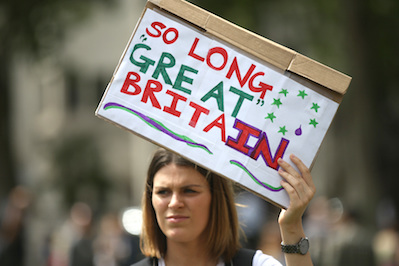 1
2
1
2

A demonstrator in London’s Parliament Square opposes Britain’s exit from the European Union. (Tim Ireland / AP)
Independent journalism is under threat and overshadowed by heavily funded mainstream media.
You can help level the playing field. Become a member.
Your tax-deductible contribution keeps us digging beneath the headlines to give you thought-provoking, investigative reporting and analysis that unearths what's really happening- without compromise.
Give today to support our courageous, independent journalists.

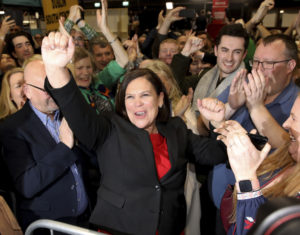
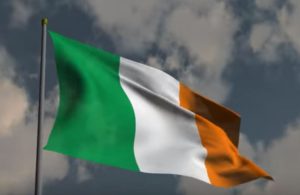
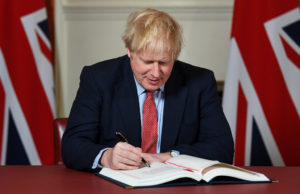
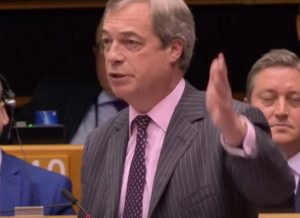
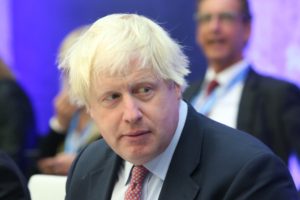
You need to be a supporter to comment.
There are currently no responses to this article.
Be the first to respond.